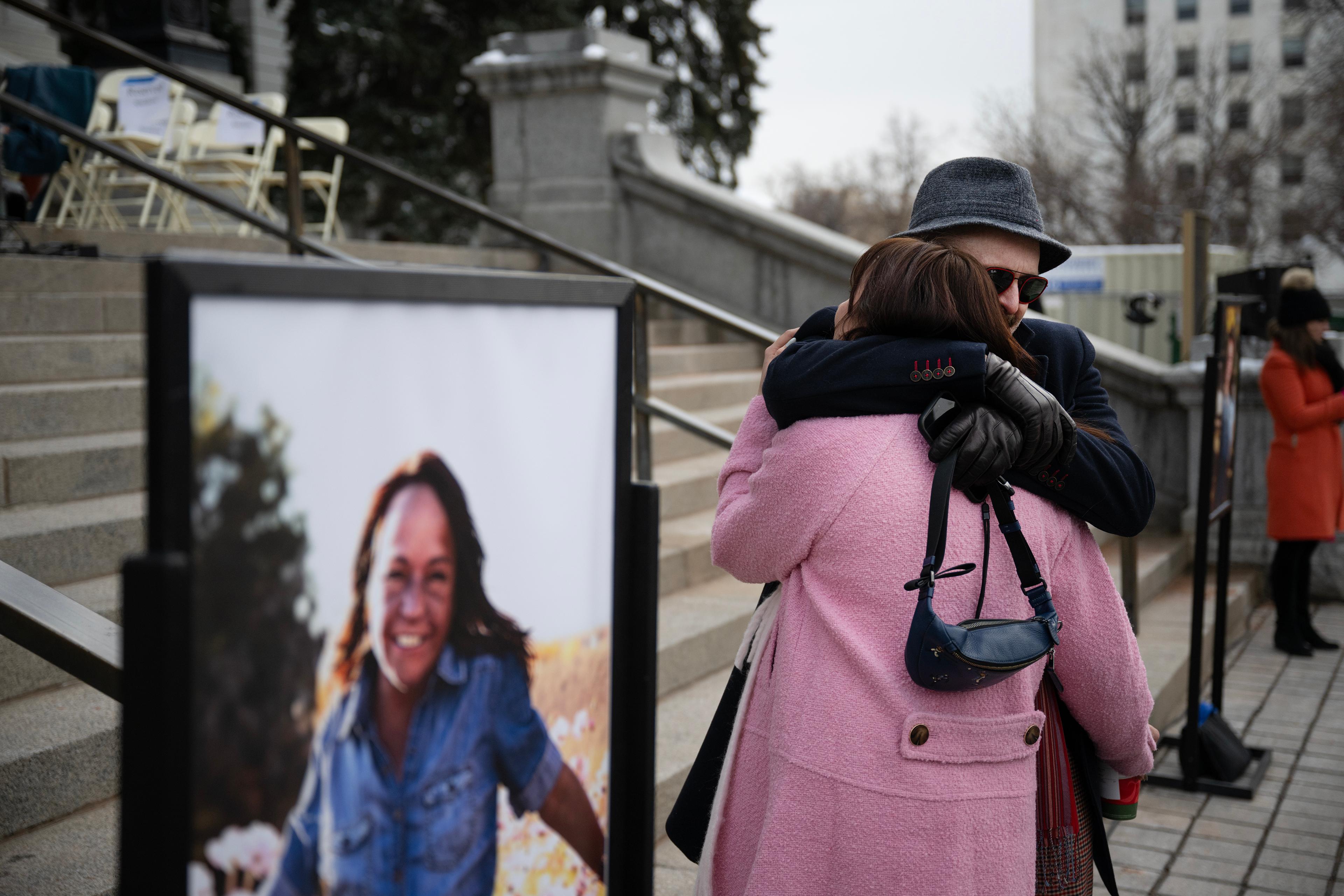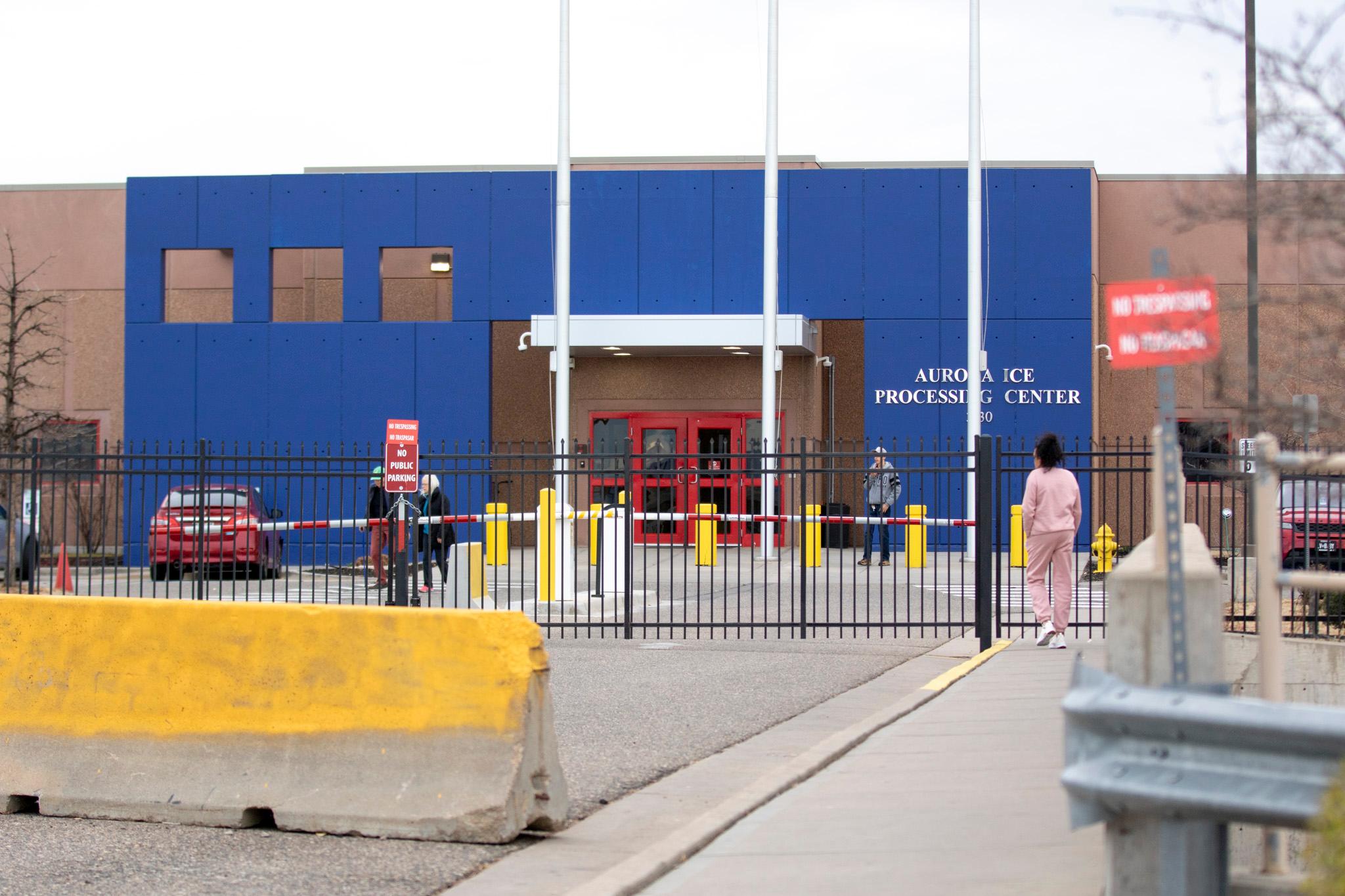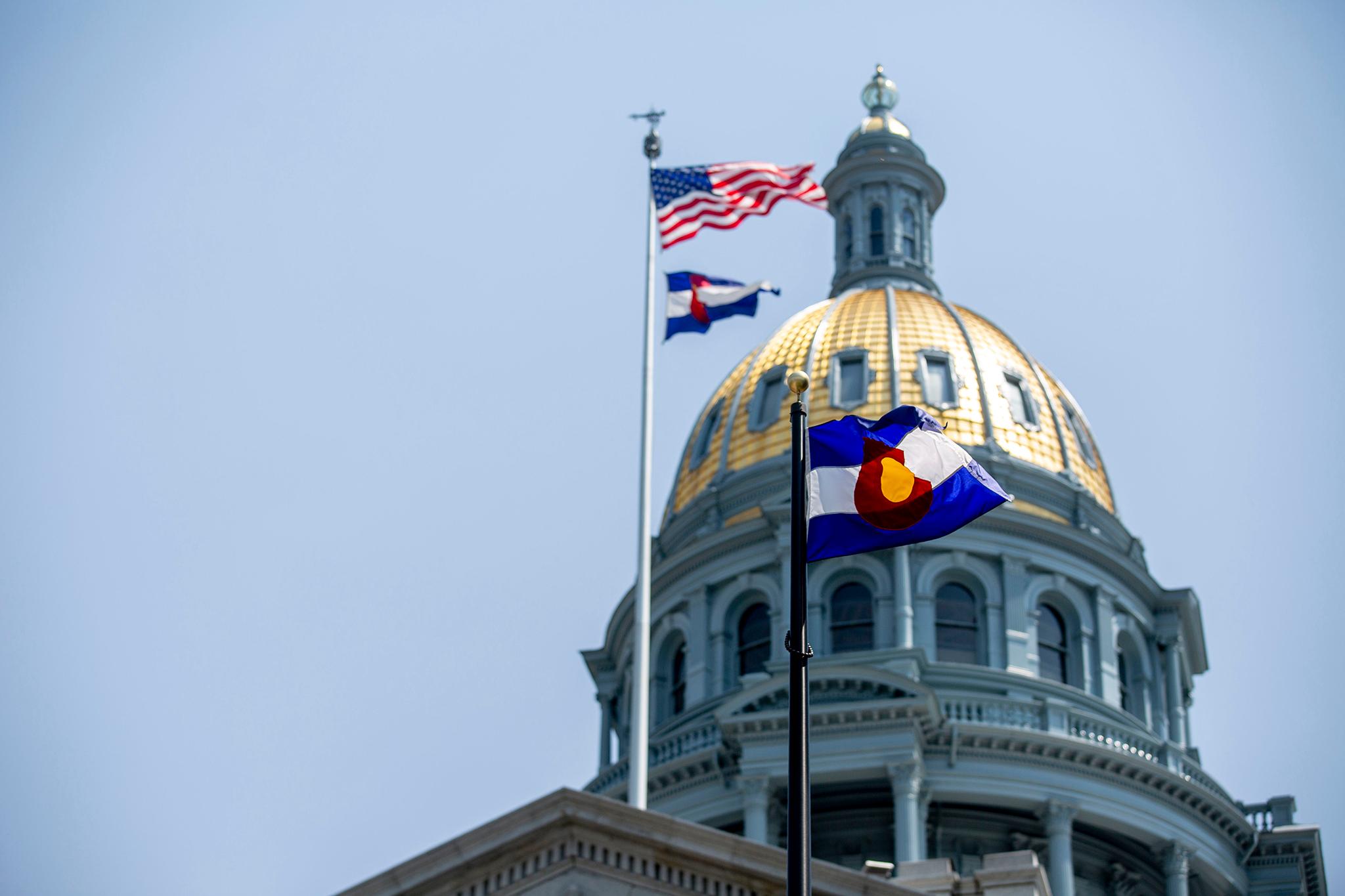
Colorado Democrats are pushing a historic number of measures this legislative session to support and protect undocumented immigrants.
The proposals would remove restrictions that limit their access to career opportunities and state benefits, change how they’re referred to in state law and expand the law for blackmailing someone because of their immigration status.
Other bills aim to help immigrants more broadly, including refugees and those who are living in the country legally.
The latest push is part of Democrats’ larger effort this session to rebuild a post-pandemic Colorado in a way that they believe will be more equitable to all residents. Opponents say the focus should instead be on helping citizens who have faced financial, emotional and other hardships over the past year, and not on creating new government mandates.
Undocumented immigrants make up 3 percent of the state’s population, according to non-partisan legislative staff.
Democratic state Sen. Julie Gonzales of Denver is sponsoring a number of the bills. She said the COVID-19 pandemic laid bare inequalities that have long existed.
“For wealthy Coloradans, they were barely impacted by all of the multiple crises in 2020, and yet for middle-class and working class and the most poor Coloradans, the pandemic is still very real,” Gonzales said. “How could I just say, ‘Oh, I really hope things get back to normal’? Because for far too many of us, normal, just wasn't working. The before times weren’t great for us either.”
Polis recently signed Gonzales’ bill to allow undocumented immigrants to receive public housing benefits and assistance. He also signed her bipartisan bill that removes the term "illegal alien" from state documents and contracts and replaces it with the term "worker without authorization."
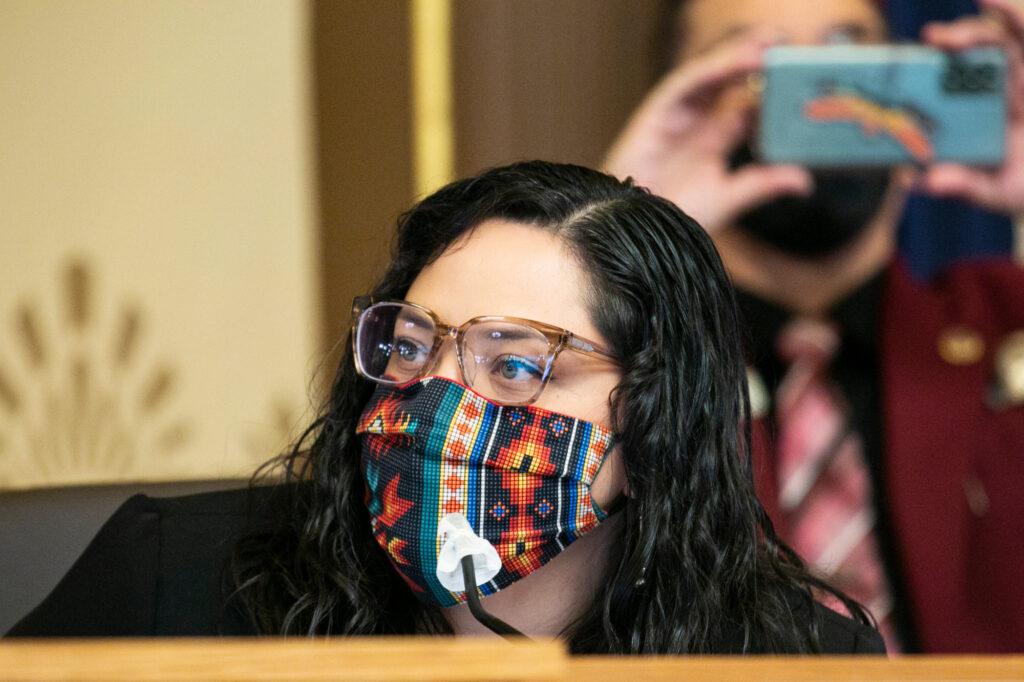
One bill would undo a 15-year-old law that bans undocumented immigrants from receiving state benefits
Some of the most significant proposals, though, are still making their way through the legislature.
Senate Bill 199 would undo legislation from 2006 that bans undocumented immigrants from receiving state benefits. That earlier law, which had bipartisan support, was considered one of the toughest anti-immigration policies in the country when it passed more than a decade ago.
Lawmakers running this year’s bills say a lot has changed since then.
“We are probably the most diverse group of legislators in both the House and the Senate and I think we see this as a real opportunity to dial back some of the things that did happen in years past,” said Democratic Assistant House Majority Leader Serena Gonzales-Gutierrez, one of Senate Bill 199’s main sponsors.
“We know that immigrants, undocumented or not, are some of the main contributors to our economy,” Gonzales-Gutierrez said. “They contribute in taxes. They contribute in consumerism and buying things. So I don't see why this is such a big issue.”
She also pointed out the bill won’t require counties to make benefits available to undocumented immigrants, just that they would now have the possibility.
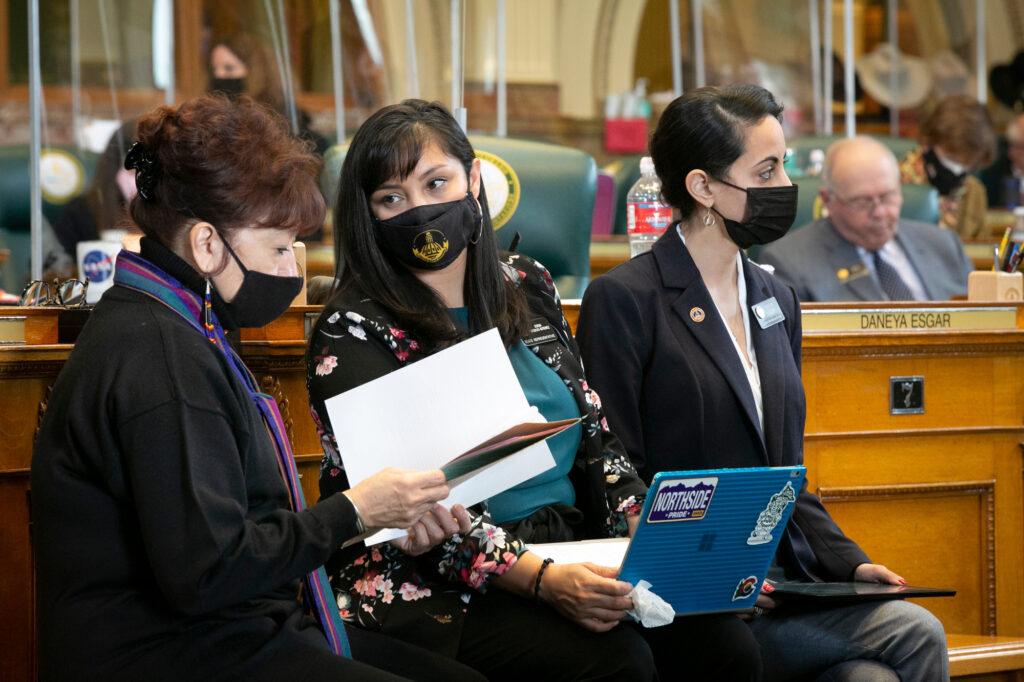
Republican state Sen. Bob Rankin of Carbondale, one of the legislature’s more moderate Republicans, said he’s been grappling with many of these measures.
“I want those people to not be just pushed aside and neglected. On the other hand, I just don't know how to deal with the fact that we have a lot more undocumented folks entering the country,” Rankin said.
He said he wants the federal government to address the issue of who is allowed to come into the country. But in the meantime, he doesn’t want Colorado to pass more lenient laws than other states, potentially encouraging more people who are undocumented to move here. He noted his rural mountain district doesn’t have enough housing or other resources to handle an influx of people.
“So it's a very delicate balance. I want to do everything I can for those people who live in my district, as long as they're here,” Rankin said. “I can't control that. On the other hand, I think it can get out of balance very quickly.”
As Democrats have gained more power in the state in recent years, they’ve already repealed some proposals such as a “show me your papers”-style law requiring police to report suspected undocumented immigrants to ICE. Colorado also passed laws allowing undocumented immigrants to obtain a driver’s license, and children who grow up in Colorado and graduate from high school here can receive in state college tuition.
Republican state Sen. Don Coram of Montrose said he would support allowing more benefits for people who came to the U.S. as young children, but isn’t in favor of expanding public assistance for all undocumented immigrants.
“It's not fair to our workers who have been here, who have gone through the process and paid the price,” Coram said.

Other bills would help ‘New Americans’ by making resources and funding for legal affairs more accessible
Two other measures aimed at helping people from other countries settle into Colorado — and get the legal status to stay here — are also raising objections from Republicans.
House Bill 1150, which would create the “Colorado Office of New Americans,” is currently making its way through the House. The goal is to provide a central hub to coordinate services for immigrants and refugees living in the state, answer their questions and help them integrate.
A separate measure, House Bill 1194 would provide funding to nonprofits that offer legal advice and represent people going through immigration proceedings.
“Immigrants don't come here because they want to be here. We come here because we're fleeing war, family, political unrest, and just looking for a safe place to be,” Democratic state Rep. Naquetta Ricks said.
Her family fled a coup in Liberia, West Africa, when she was a child, arriving in the U.S with just a single suitcase. She says legal help would have made a world of difference to her family.
“We kept going through court. We had newspaper articles to show the trauma that my mom had gone through with her fiancé being killed by a firing squad and all of these things,” Ricks said. “And yet we're not able to prove our case because we're not lawyers. We didn't know the asylum piece.”
Ricks said her family eventually obtained amnesty in 1986, when President Ronald Reagan signed a sweeping immigration reform measure granting legal status to immigrants who had arrived before 1982.
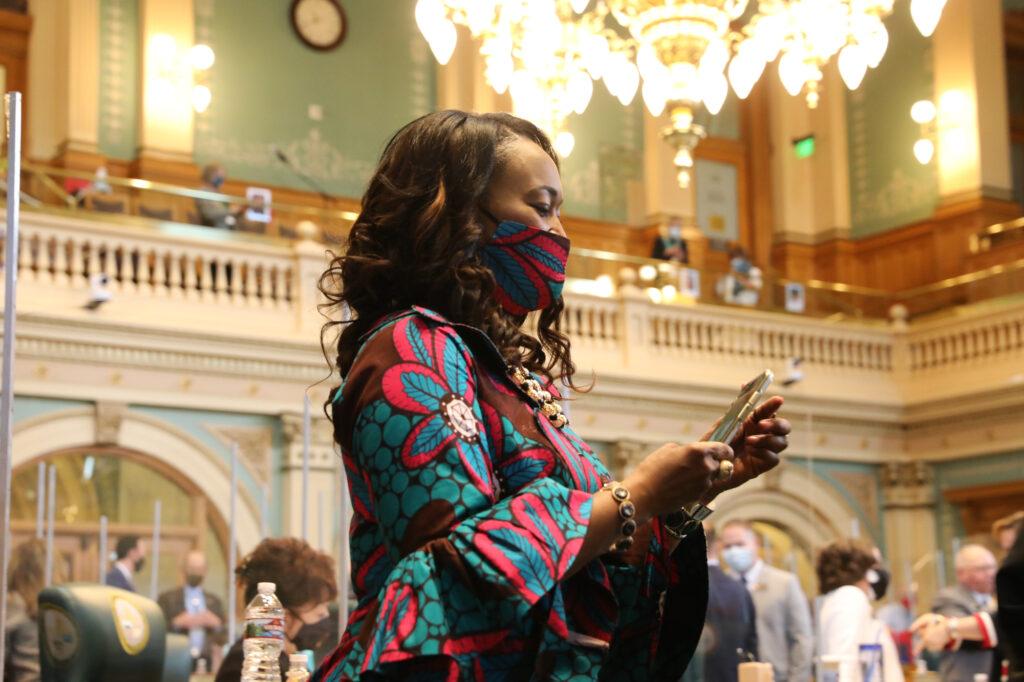
However, this session some Republicans oppose proposals aimed at helping refugees and asylum seekers over concerns that undocumented immigrants would also benefit.
“At the very least we should make sure the ones that are benefiting are those that have some legal status here,” said Republican Rep. Dave Williams. He tried unsuccessfully to change the bill to create the Office of New Americans to explicitly state that the office would not serve undocumented immigrants.
Others in the GOP said the office was unnecessary and would duplicate existing services.
Still, with Democrats holding a healthy majority in the state legislature there isn’t much question that many of these bills will ultimately move forward. Democratic Senate President Leroy Garcia said he’s glad to see momentum on policies Democrats have long campaigned on.
“We recognize so many of our people of color are working on the front lines and making tremendous sacrifices for all of us, and so I think it's a combination of a lot of things,” he said of the high number of immigration related bills this session. “What I'm most encouraged by is the willingness of the general assembly to say this is going to continue to remain a priority.”
Garcia attributes the focus on undocumented immigrants and immigration to a diverse legislature with people of color in leadership positions, coupled with a pledge from Democrats to pass policies to help the state — and all of its residents, no matter their legal status — recover from the pandemic.
Other proposed immigration legislation:
Senate Bill 131 — Protect personal identifying information in immigration status kept by the state.
Senate Bill 87 — Allow agricultural workers to unionize, provide a minimum wage and enact other workplace requirements.
Senate Bill 9 — Set up a health care program to provide counseling on reproductive health and contraception to individuals who can’t receive Medicaid because of their immigration status. Non-partisan staff estimate that 27,000 people who are eligible for the program will enroll.
Senate Bill 77 — Allow undocumented immigrants to get a state professional license for occupations that require it.
Other immigration bills that became law:
House Bill 1060 — Requires law enforcement to make undocumented immigrants who are victims or witnesses to crimes that they can apply for a U Visa, and setting a time limit for an agency to supply or deny the certification an immigrant needs to submit to the federal government to apply for a U Visa.





